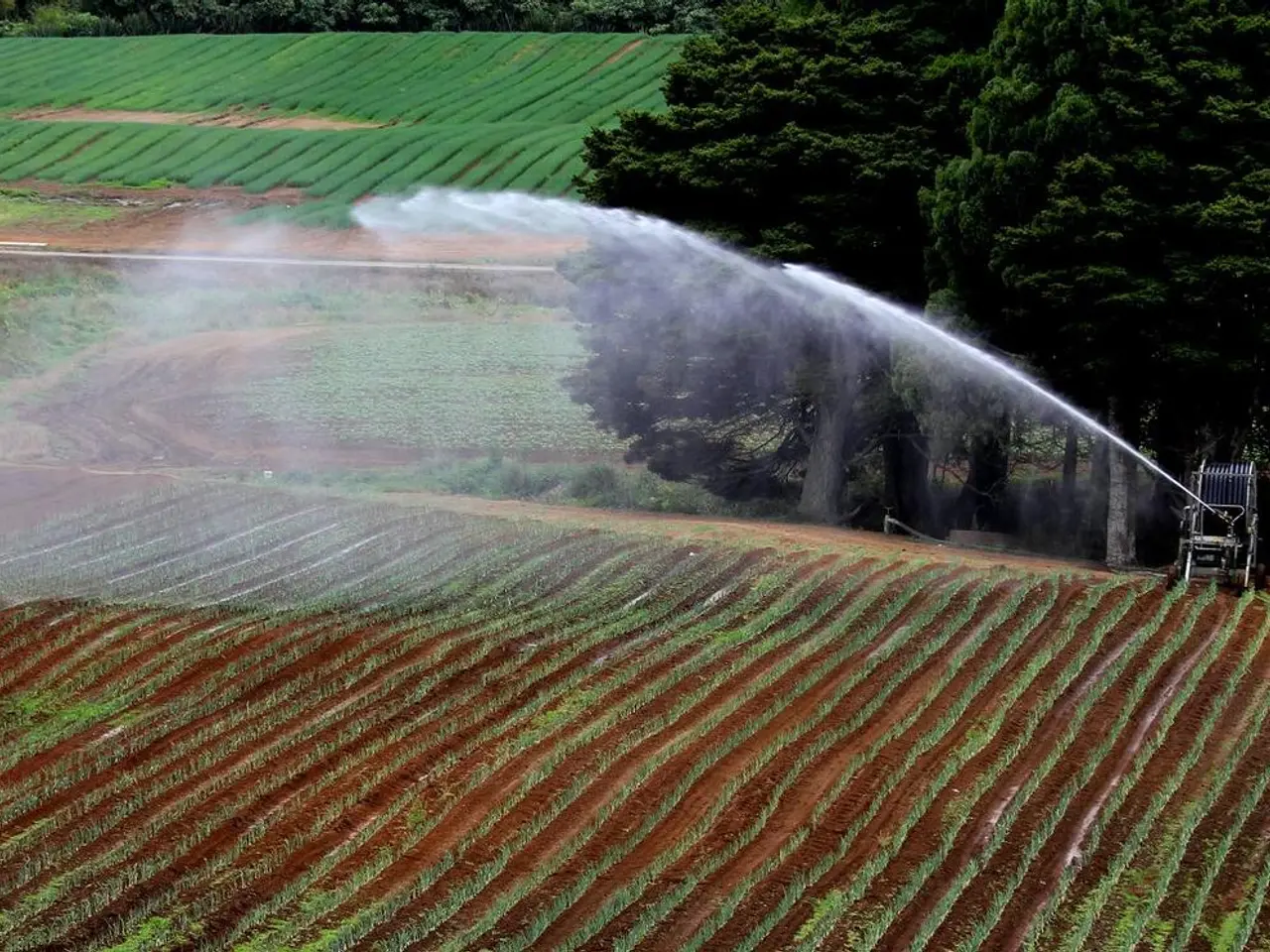Crafting a greener tomorrow through organic farming practices
In a bid to promote organic agriculture and foster sustainable growth, the Food and Agriculture Organization (FAO) recently hosted the writing contest titled 'Organic Agriculture - For Green Growth and Sustainable Development'. The six-month competition, which concluded in September, attracted over 200 entries from various provinces and cities across Vietnam.
The contest, held for the first time, left a strong impression and became a meaningful platform for writers passionate about organic agriculture. It aimed to enhance understanding, share experiences, spread success stories, and encourage new initiatives in the field.
One of the standout entries was the four-part series 'Organic Agriculture through the Time of 'Lonely and Forsaken' by Trần Xuân Quỳnh and Phạm Xuân Hợp, which won the first prize. The series offered a compelling narrative about the challenges and triumphs of organic farming, providing a comprehensive picture of Vietnam's organic agriculture.
Another noteworthy entry was the longform series 'An Thanh Fields Ignite the Flame for Decent Agriculture' by Đậu Thị Hông Thắm and Khuất Duy Học, which received a consolation prize. This series highlighted real-life stories from farmers, strengthening public confidence in organic farming and reaffirming the role of organic produce as a safe, reliable solution for consumers in the context of increasingly pressing issues of unsafe and contaminated food.
The contest served as a forum for various stakeholders to express views and propose solutions for organic agriculture. Entries came from journalists, agricultural officials, researchers, enterprises, and exemplary farmers. Many presented fresh ideas on cultivation techniques, technology application, business models, and market expansion.
Some works analyzed policies, highlighting strengths and limitations, and offered recommendations for sustainable development. Articles covered a wide range of topics, including circular farming models, organic production in mangrove forests, and green consumption among younger generations.
Despite the success of the contest, challenges remain. Successful organic models have not yet been widely replicated, while costs, technology, and market barriers continue to pose significant challenges. Nevertheless, each work acted as a 'green seed,' nurturing the aspiration for sustainable farming and promoting organic agriculture as a pillar of future green growth.
The Việt Nam Organic Agriculture Magazine held a ceremony to announce and present awards. In addition to the first and second prizes, three third prizes, and ten consolation prizes were awarded. The contest reaffirmed the importance of organic agriculture in Vietnam, particularly in rural areas where farming practices rely heavily on chemical inputs. It served as a reminder of the need for continued efforts to promote organic farming and ensure a sustainable future for agriculture in the country.







